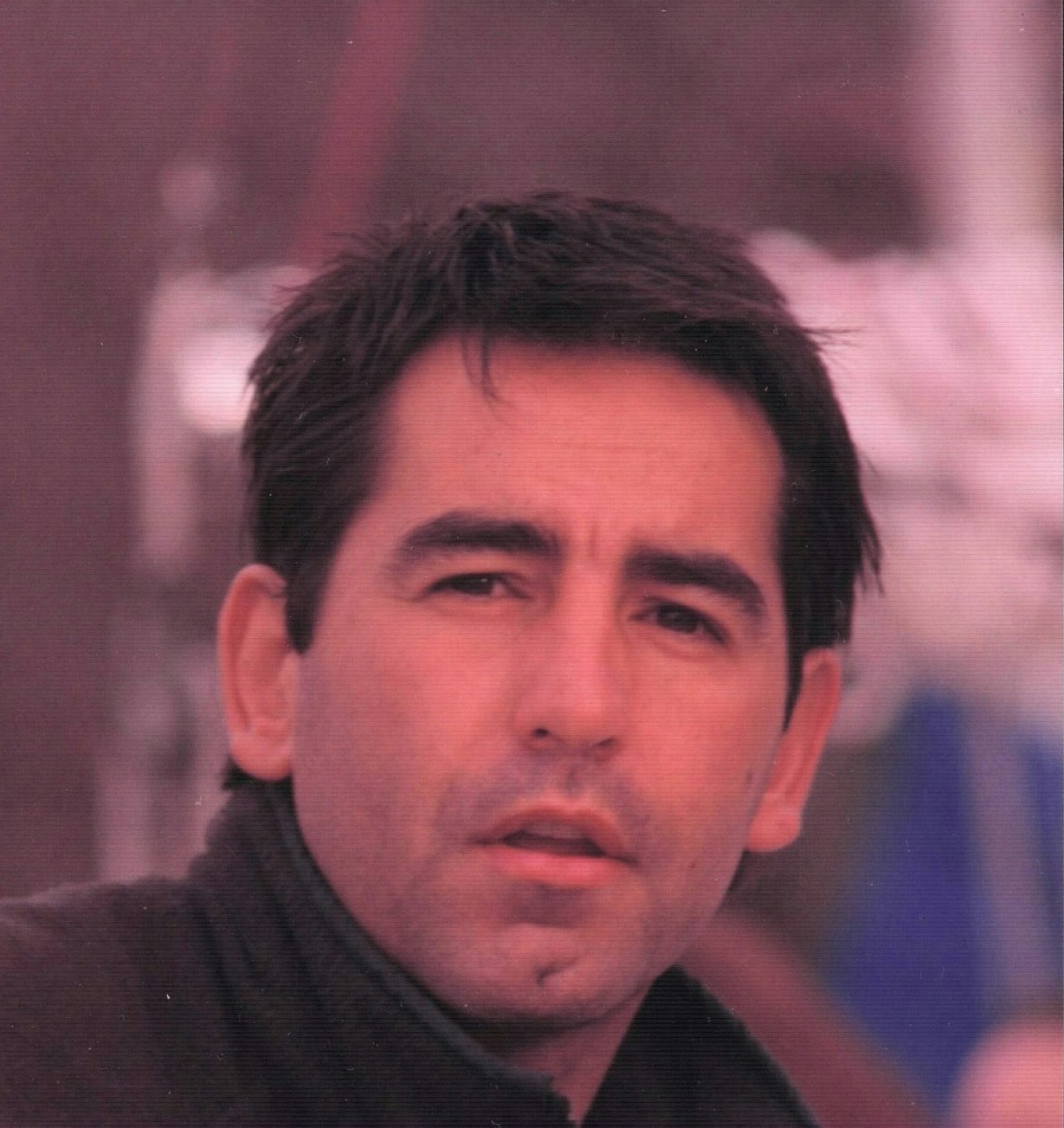Ecology and Conservation of the La Plata dolphin in Argentina
The La Plata or Franciscana dolphin is among the world’s smallest and most endangered dolphins, endemic to the coastal Atlantic waters off South America. They are listed under the Convention on International Trade in Endangered Species, and are on the IUCN red list of endangered species. Over the last 30 years tens of thousands of these small and very shy dolphins have been killed as incidental bycatch in the long, small-meshed gillnets of local fishermen.
Pablo Bordino was the Director of a local Argentinean environmental organisation, Fundacion AquaMarina, an NGO dedicated to protecting the marine environment in Argentina. Pablo worked with local fishermen along the coast of the Buenos Aires Province in Argentina to prevent the incidental catch and subsequent deaths of the La Plata dolphin. At least 500 of these small and very shy dolphins are killed in long gillnets every year. The total population of the dolphin, its breeding, social and feeding habits, are unknown. Pablo set up a project to ensure the survival of this species by studying the dolphin’s natural habitat, working to overcome the problems with the fishing nets, and establishing marine reserves along the Buenos Aires Province coast.
Most of the coastal area off the Buenos Aires province is over-fished. Pablo Bordino saw that a ‘flagship’ species such as the La Plata Dolphin could serve to greatly protect the entire marine coastal habitat and biodiversity.
PROJECT UPDATE
Pablo Bordino received a Rufford Small Grant in 2001 to support his work with Fundacion AquaMarina and the La Plata dolphin.
In 2002, Pablo received WFN Continuation Funding. This enabled Pablo to investigate the use of acoustic devices on fishing nets in an attempt to reduce the number of dolphins caught as bycatch. His initial work revealed that by creating ‘pinger’ noises to warn the dolphins of the location of the nets, the number of dolphins accidentally killed can be reduced. These acoustic devices are now widely used to aid bycatch reduction.
In March 2004, the project began radio-satellite telemetry studies on the La Plata dolphins to understand the home range of the species and movement patterns in one of the most critical areas for the species in Argentina.
Sadly, in June 2018, Pablo passed away. His loss is felt by all those who knew him, as well as within the conservation community. Pablo will be remembered for his passionate search to find new ways and technologies to protect the La Plata dolphin, and marine ecosystems. He gained international recognition from organisations such as the Wildlife Trust, WWF, and various universities, to name a few, and collaborated with other conservationists in the field, both Argentinean and international.
His important work is continued by Fundacion AquaMarina, an organisation which Pablo directed until his passing.





